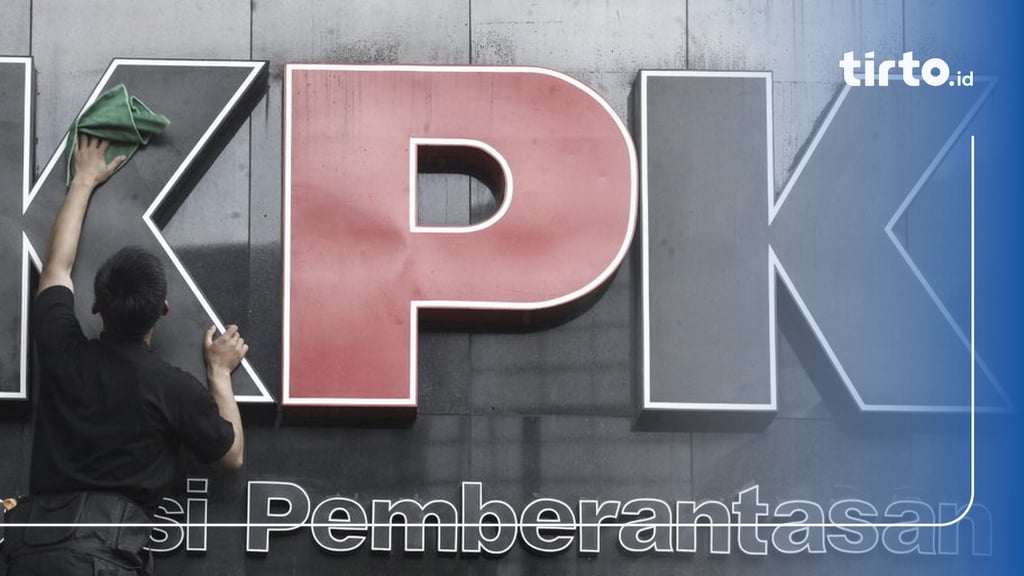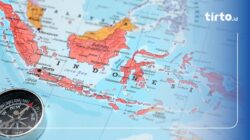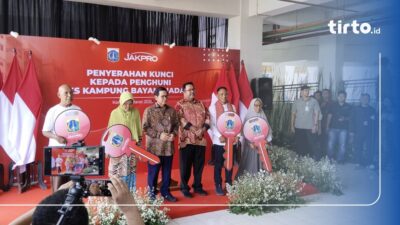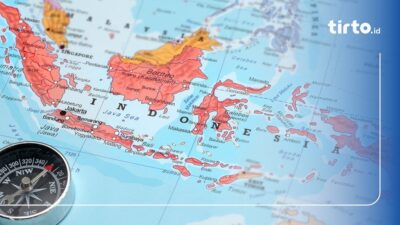Corruption remains a pressing issue in Indonesia, and the Corruption Eradication Commission (KPK) plays a vital role in combatting this scourge. However, recent developments have raised concerns about the independence of the KPK and its ability to effectively prosecute corrupt individuals and entities. In this article, we delve into the importance of strengthening KPK’s independence and the challenges it faces in fulfilling its mandate.
The Importance of KPK’s Independence
The independence of the KPK is crucial in ensuring that it can carry out its duties without fear or favor. Without independence, the KPK may be susceptible to political interference, which can undermine its effectiveness in fighting corruption. By being independent, the KPK can act impartially and without bias, holding all individuals and entities accountable for their corrupt actions.
Challenges to KPK’s Independence
Despite its mandate to combat corruption, the KPK has faced challenges to its independence. Political pressure, interference, and attempts to weaken its authority have all threatened the KPK’s ability to operate effectively. For example, the involvement of political parties in shaping legislation related to the KPK has raised concerns about the commission’s autonomy.
Recent Controversies
Recent controversies, such as the handling of long-standing cases and allegations of political influence, have further eroded public trust in the KPK. The appointment of key personnel with ties to political parties has also raised questions about the commission’s independence. It is essential for the KPK to address these issues and demonstrate its commitment to upholding the rule of law.
The Way Forward
To strengthen the KPK’s independence, concrete steps must be taken. This includes ensuring that the commission’s leadership is free from political influence, enhancing its investigative capabilities, and fostering a culture of transparency and accountability. Additionally, reforms to existing regulations and laws may be necessary to safeguard the KPK’s autonomy and effectiveness.
Conclusion
In conclusion, the independence of the KPK is paramount in the fight against corruption. By bolstering its autonomy and integrity, the KPK can better fulfill its mandate and hold corrupt individuals accountable. It is imperative for all stakeholders, including the government, civil society, and the public, to support efforts to strengthen the KPK’s independence and uphold the rule of law.












